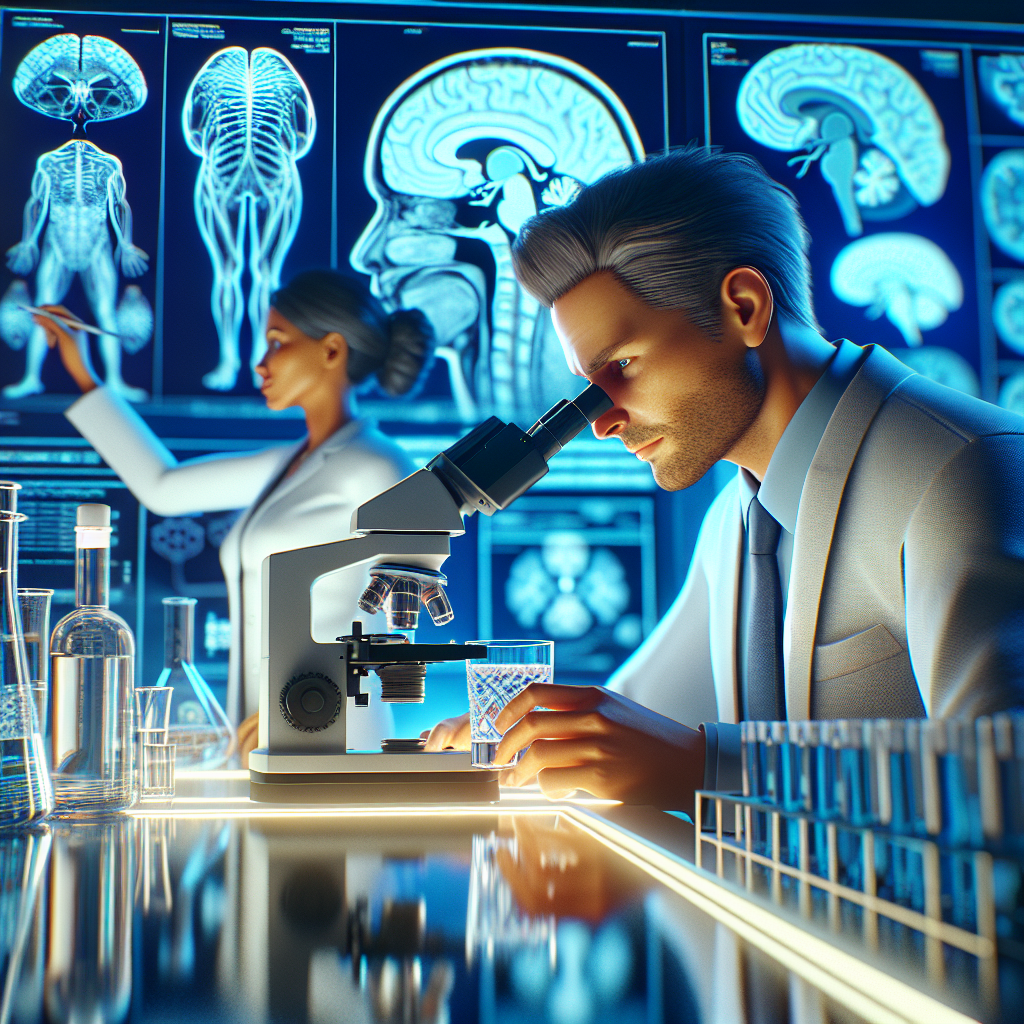
Understanding the Impact of Alcohol on Your Brain and Body
Drinking alcohol affects each individual differently. Factors like musculature, water content in the body, genetics, and tobacco use play significant roles in influencing the extent of alcohol’s impact. Let’s explore how alcohol affects the human body, from the moment you take your first sip to the potential long-term consequences.
The Immediate Effects of Alcohol Consumption
When you consume alcohol, several variables determine how quickly it affects your body. Whether you’ve eaten recently, your hydration level, and your muscle-to-fat ratio are just a few considerations. Alcohol is a tiny molecule that permeates nearly every cell of your body upon consumption.
The journey of alcohol starts in your mouth, travels through the esophagus to the stomach, intestines, and finally the liver. The liver handles 80-90% of the metabolization, but can only process a limited amount at a time. Factors such as the quantity of alcohol and the size of your body influence how long this process takes. Generally, a single drink can be metabolized in about two hours. More drinks mean a longer processing time.
Until metabolization is complete, alcohol continues to circulate through the bloodstream, interacting with various organs, including the heart, kidneys, liver, and brain, causing what we refer to as being “drunk.”
Alcohol’s Influence on the Brain in the First Hour
About 15-30 minutes after ingestion, alcohol begins to affect the brain. Inside the brain, alcohol binds to different receptors, reducing the activity of the sympathetic nervous system. This results in lowered stress, fear, and anxiety, and elevates feelings of euphoria due to dopamine release. This effect can encourage individuals to continue drinking.
- Dopamine release boosts feelings of euphoria
- Calming effect reduces stress, fear, and anxiety
- Beta-endorphins released to alleviate physical and emotional pain
The Day After Drinking
The processing of alcohol results in the production of acetaldehyde, a known carcinogen. Acetaldehyde is largely responsible for hangovers, causing symptoms like nausea and anxiety. In some individuals, especially those with certain genetic backgrounds, acetaldehyde is processed slowly, resulting in facial flushing and prolonged discomfort post-drinking.
The potential long-term effects of acetaldehyde include DNA damage, chronic inflammation, and increased risk of liver and heart diseases. Certain genetic mutations can increase the risk of cancer due to prolonged exposure to acetaldehyde.
Long-term Impacts of Regular Drinking
Consistent alcohol consumption can result in various changes in the body:
Head and Neck
Alcohol can cause DNA damage in oral cells as it travels down the throat. It may enhance the absorption of carcinogens in tobacco, increasing cancer risk.
Heart
While some studies suggest moderate drinking may benefit heart health by improving cholesterol levels and thinning blood, excessive drinking can lead to heart issues like atrial fibrillation and increased blood pressure.
Breasts
Drinking is linked to increased estrogen levels, raising the risk of breast cancer.
- Moderate drinking increases breast cancer risk
- Risk is higher post-menopause
Colon
Alcohol irritates the gut lining, leading to inflammation and potential DNA damage, increasing cancer risk. It also alters the gut microbiome and nutrient absorption.
Liver
Chronic heavy drinking can result in liver cirrhosis, characterized by irreversible liver scarring and hardening.
Brain
Consistent alcohol exposure can lead to neuron loss, potentially resulting in early dementia. Fortunately, ceasing alcohol use can lead to significant recovery within six months.
Ultimately, understanding how alcohol interacts with your body is crucial to making informed decisions about consumption. The effects are complex and vary significantly between individuals based on various biological and lifestyle factors. While the short-term effects might bring temporary relief, the long-term consequences can be severe, affecting multiple systems within the body.
Source: https://www.businessinsider.com/alcohol-affects-your-brain-body-cancer-new-science-2025-1

